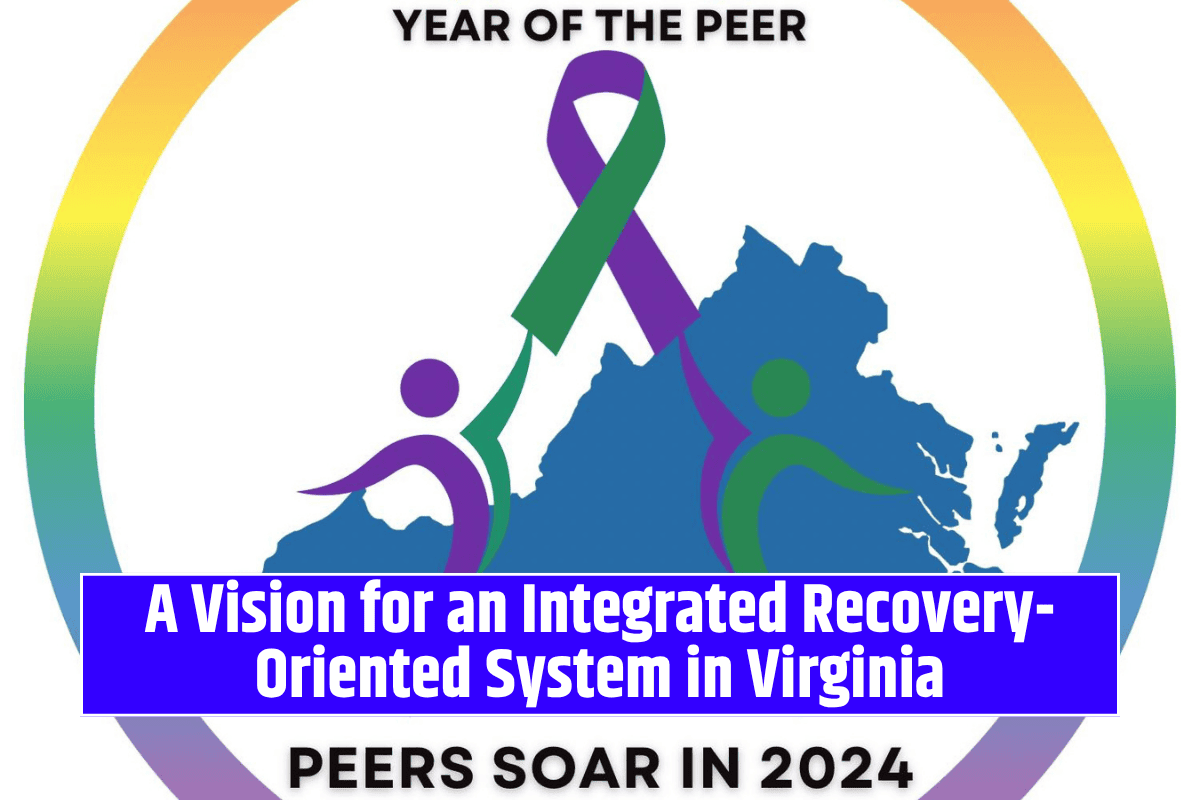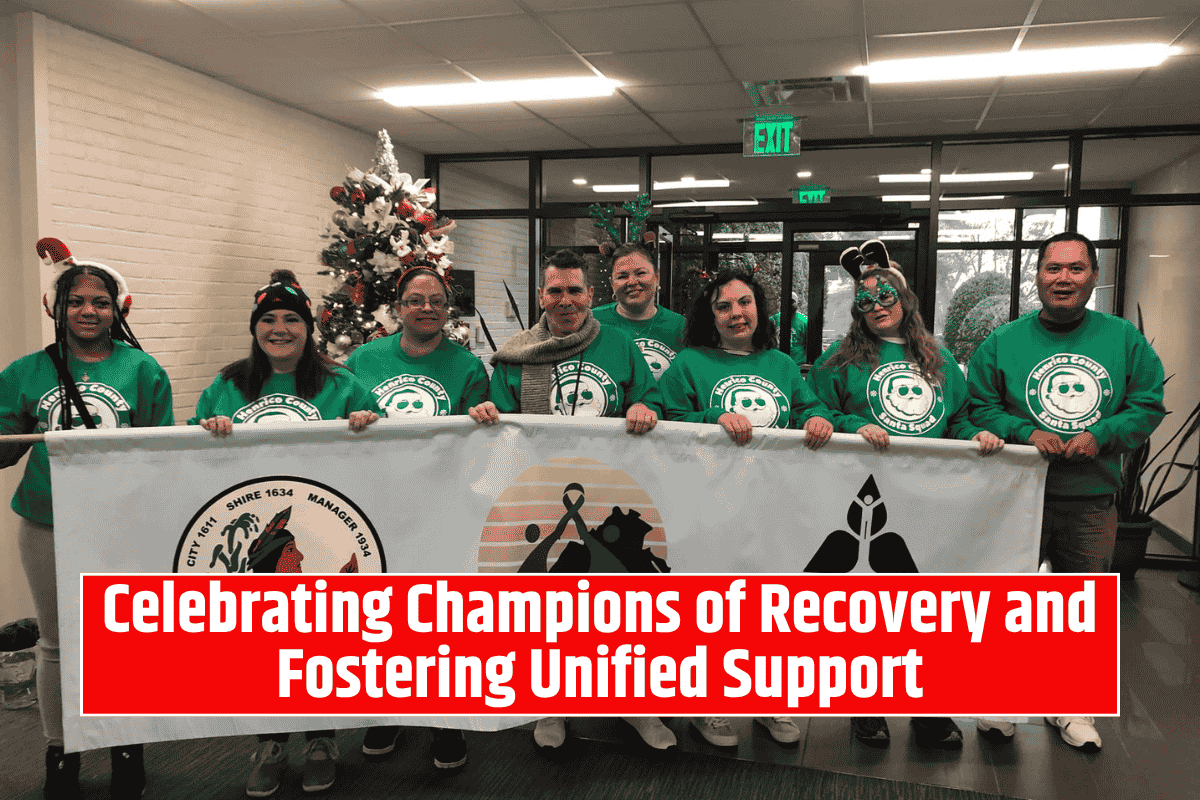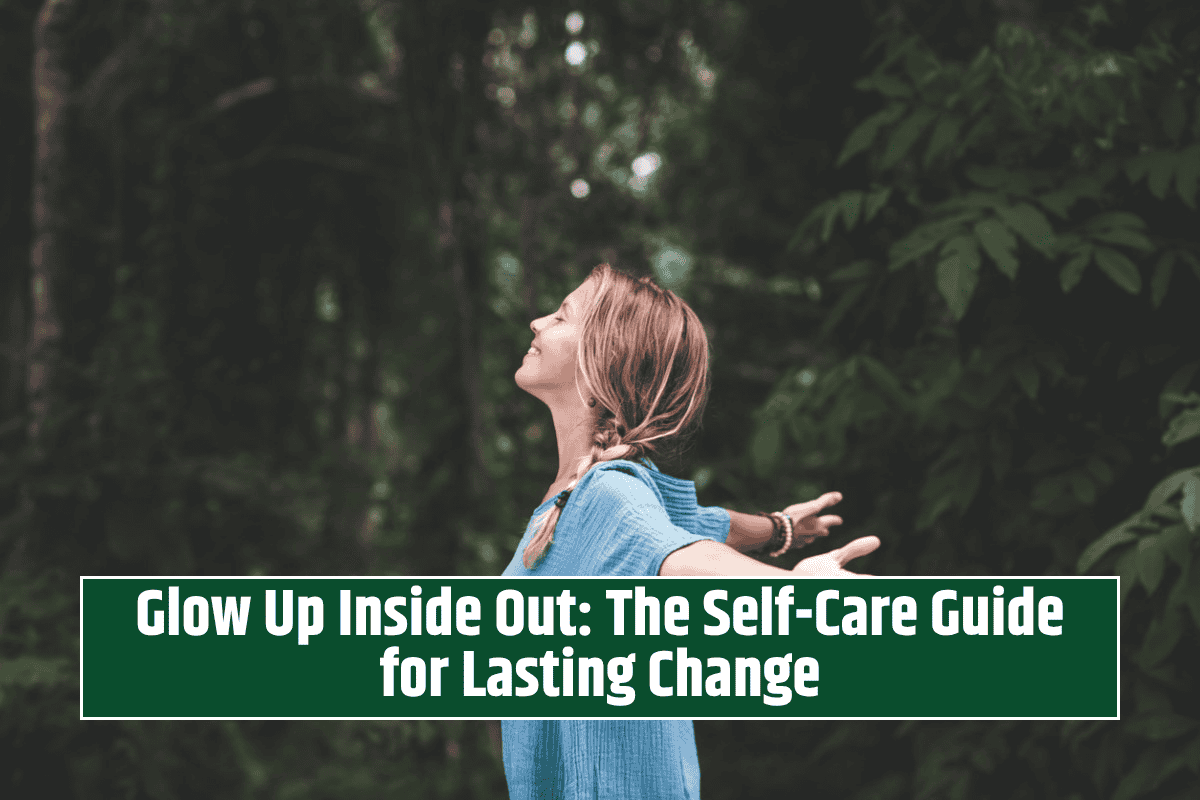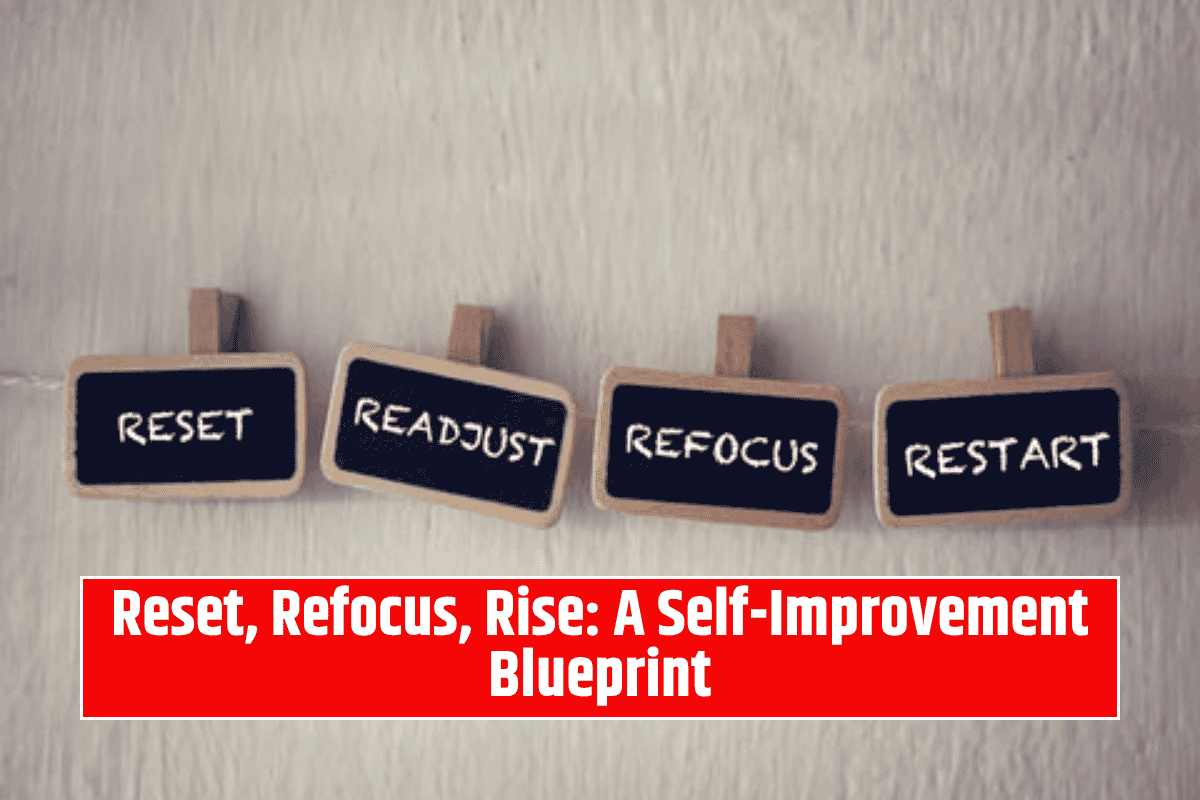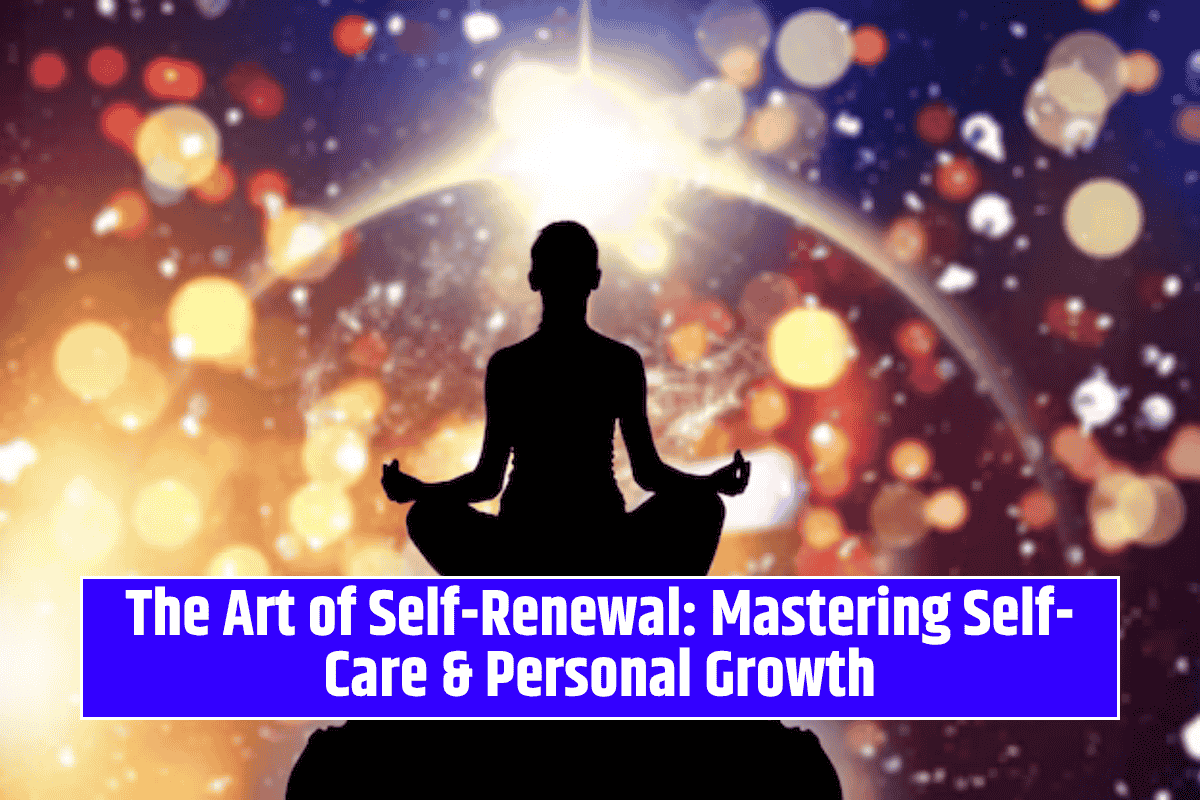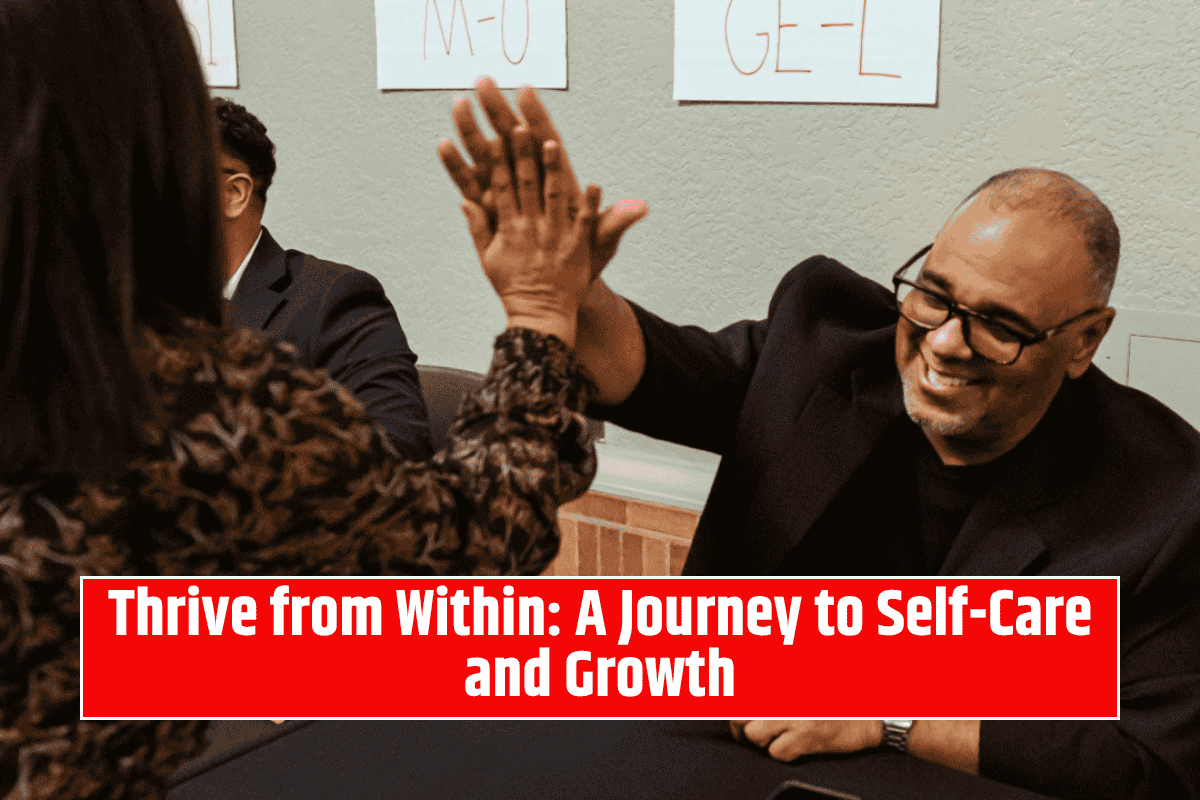The vision of Virginia’s Year of The Peer (YOTP) initiative is both powerful and transformative. It imagines a future where Virginia’s healthcare system is integrated and recovery-oriented, with Peer Recovery Specialists valued as essential champions within this system.
This vision is not merely an aspiration; it is a commitment to creating a supportive, collaborative, and inclusive recovery ecosystem that empowers individuals facing mental health and substance use challenges to achieve lasting well-being.
A Holistic, Integrated System of Care
At its core, the vision of YOTP seeks to integrate various components of the recovery process into a seamless system of care. This vision is rooted in the understanding that recovery is not a linear path, but a deeply personal and multifaceted journey.
Individuals navigating mental health and substance use challenges require a variety of supports, from medical care to emotional and peer-based guidance.
This integrated system ensures that all aspects of recovery are addressed, including clinical, peer, social, and community support.
In this envisioned future, healthcare providers, clinicians, and Peer Recovery Specialists work as a cohesive team. Rather than functioning in silos, these professionals collaborate closely, ensuring that individuals in recovery receive comprehensive care tailored to their unique needs.
Clinicians can provide evidence-based therapies, while Peer Recovery Specialists bring lived experience and emotional support, creating a balanced and person-centered approach.
The system is not just about treating the condition; it’s about empowering the individual. The focus is on the whole person, not just their diagnosis.
Recovery is seen as an ongoing process that incorporates the individual’s mental, emotional, and social health, as well as their aspirations, strengths, and potential.
An integrated recovery-oriented system is one that promotes healing, growth, and community engagement, ensuring that people in recovery are not isolated but supported every step of the way.
Valuing Peer Recovery Specialists
A key component of this vision is the recognition of Peer Recovery Specialists as essential champions of recovery. Peer Recovery Specialists are uniquely qualified to support individuals in their recovery journeys because they have walked a similar path.
Their lived experiences allow them to provide empathy, guidance, and hope in ways that clinical professionals alone cannot.
In the integrated recovery-oriented system envisioned by YOTP, Peer Recovery Specialists are not seen as secondary or supplementary members of the team.
They are valued as integral to the recovery process. Their expertise—derived from personal experience and ongoing professional development—makes them invaluable allies in the healing process.
The recognition of their work ensures that they have the resources, training, and respect they need to perform their roles effectively.
By elevating the status of Peer Recovery Specialists, the initiative creates an environment where they are seen as professionals and partners within the larger healthcare system.
This shift not only enhances their ability to provide support but also ensures that individuals in recovery have access to the best possible care, blending clinical treatment with peer-based guidance.
Building Connections and Strengthening Community
Another vital aspect of the YOTP vision is the emphasis on building connections. Recovery is a deeply relational process, and the support of a community can make all the difference in an individual’s ability to overcome challenges and maintain long-term recovery.
In this vision, Virginia becomes a state where communities are not just aware of recovery issues but are actively engaged in supporting those on their recovery journey.
Peer Recovery Specialists play a crucial role in building these connections, fostering a sense of belonging, and helping individuals feel empowered to take part in their communities once again.
Whether it’s through peer-led support groups, community-based recovery events, or partnerships with local organizations, the aim is to create a culture of inclusion, understanding, and support.
Furthermore, this vision extends beyond just the individuals in recovery. It calls for greater awareness and understanding of mental health and substance use issues within the general public.
By integrating education, awareness, and support into communities, the initiative seeks to reduce stigma and foster a more compassionate, empathetic environment for all.
Ensuring Long-Term Impact and Sustainability
Finally, the vision for Virginia’s Year of The Peer initiative is one of long-term sustainability and continuous improvement. By creating an integrated, recovery-oriented system, the initiative lays the groundwork for lasting change.
The goal is not just to improve the recovery system for today but to ensure that future generations have access to the same level of care and support.
This vision requires ongoing collaboration, investment in training and education for Peer Recovery Specialists, and the continued development of resources and networks that foster recovery.
It also calls for data-driven approaches to measure success, identify areas for improvement, and ensure that the system evolves to meet the ever-changing needs of individuals in recovery.
The long-term success of the YOTP vision hinges on the collective effort of all stakeholders: Peer Recovery Specialists, clinicians, healthcare providers, community organizations, and the public.
Together, they can build a more supportive and sustainable recovery ecosystem that truly values every individual and their potential for healing and growth.
